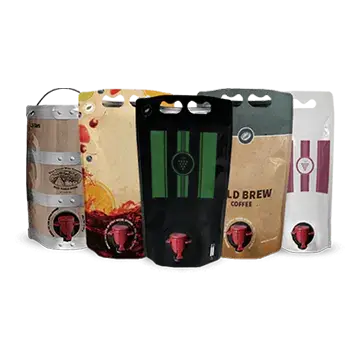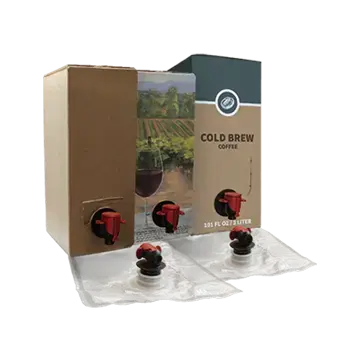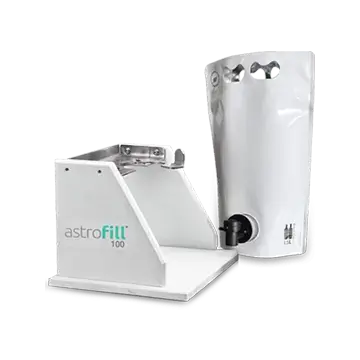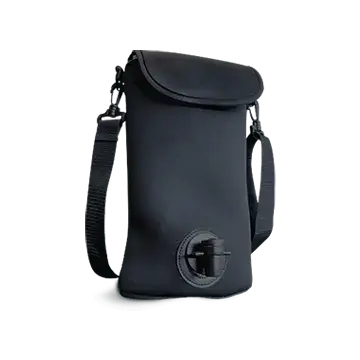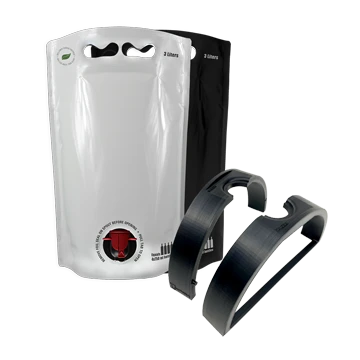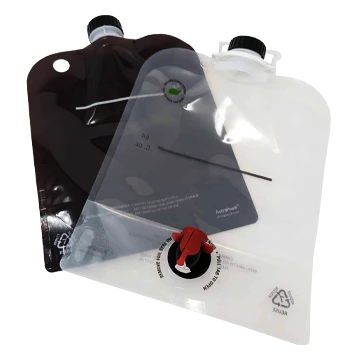Reuters Life! – The quest for the perfect wine container has been going on since the Stone Age when our ancestors drank naturally fermented grapes from animal-skin pouches.
They are now back in vogue in the United States where at least three U.S. wineries are offering wines in high tech foil pouches that resemble children’s fruit drinks – only for adults.
Glenora Winery in New York and the Clif Family Winery and Farm in California’s Napa Valley use the pouches for wines from their vineyards, while Indulge, a start-up based in Santa Barbara, California is selling its wines, made from Sauvignon Blanc and Pinot Noir grapes sourced from growers in California, in the containers.
“We use it for our Riesling and Chardonnay. It’s the same wine as you’ll find in the bottles and it’s really good quality,” said Glenora’s winemaker Steve DiFrancesco, adding the pouches flew off shelves when they appeared last summer.
The pouches, made in South Africa by AstraPouch, take half as long to chill as a bottle, weigh much less, and will keep the 1.5 liters, the equivalent of two regular-size bottles, of wine they contain fresh for a month after they’ve been open, DiFrancesco said.
Clif, which also produces the energy snack of the same name, put a karabiner, or metal loop, on the pouch and added it to its line of Climber wines, which include California Chardonnay and Cabernet Sauvignon, organic wines also available in bottles.
“It’s easy to pack in and pack out. It rolls into this tiny ball,” said Linzi Gay, the winery’s general manager. “It’s the perfect way to take wine into the woods to go camping or hiking.”
Indulge winery’s owner Pierre LaBarge said its 2009 Pinot Noir and its 2009 Sauvignon Blanc are the first vintage it is selling in the pouches.
“I was looking to make a great value wine and I was looking for an environmentally friendly package,” LaBarge explained. “This weights only 1.5 oz (44 ml) and it reduces the carbon footprint by 85 percent.
“I don’t believe someone should have to pay just for convenience or to be environmental,” said the 30-year-old winemaker. “These are world class wines in this package.”
Wineries in Australia, Europe and South Africa have been using the pouches for several years, according to Dave Moynihan, president of AstraPouch North America.
Patrick McGovern, head of the Biomolecular Archaeology Laboratory at the University of Pennsylvania Museum of Archaeology and Anthropology, told National Geographic that the first wine-tasting may have occurred during the Paleolithic age when humans drank the juices of naturally fermented wild grapes from animal-skin pouches.
Reporting by Leslie Gevirtz; editing by Patricia Reaney




